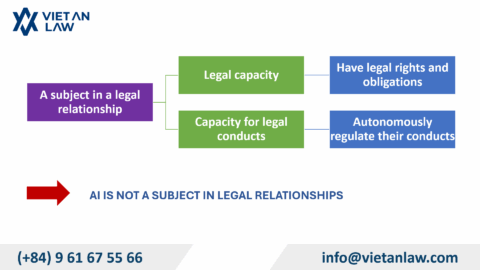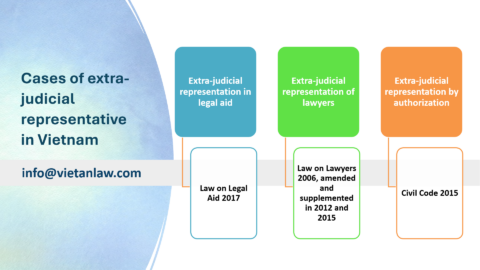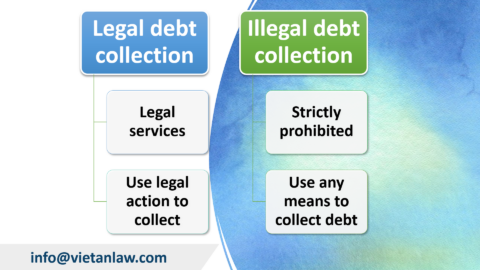The principle of confidentiality is always considered an advantage in resolving international commercial disputes through arbitration. While that is the essence, the approach to this security principle varies in different countries. In this article, we will explore how the approach to the principle of security differs in each country, as presented by Viet An Law in the following article.

The principle of confidentiality in dispute settlement by arbitration is a traditional arbitration practice and is widely respected in different countries, which is stipulated in relevant legal documents and most arbitration procedural rules of domestic and international arbitral institutions.
Confidential content in arbitration can be understood to include:
Maintaining business reputation: Businesses choose arbitration to avoid disputes becoming public, which could harm their business reputation or benefit their competitors.
Avoid disputes arising more: Enterprises will most likely have similar disputes in the process of business investment. If one of the disputes has been litigated, if not by arbitration but in court, then the claims, facts, and contents of that dispute are most likely known to other parties in similar disputes, they can easily use judgments, The evidence, the decision in the judgment was there to initiate a similar case.
Political significance: The origin of the establishment of state-owned enterprises often has political elements, to perform political tasks, so the confidentiality of the business investment process is often paid special attention.
Firstly, it is about the importance of immaterial assets such as intellectual property rights, know-how, and reputation. Today, these assets are valuable assets of multinational corporations around the world
Secondly, it is about the vast amount of detailed and important information that both parties to the dispute must give during the arbitration proceedings.
With the above two factors, it can be seen that the principle of confidentiality is always considered an advantage of dispute resolution by arbitration.
In the UK, dispute settlement in arbitration is governed primarily by the Arbitration Act 1996 (Arbitration Act 1996). According to the provisions of Section 2 (Section 2), the scope of regulation of the Arbitration Law 1996 is very wide:
Firstly, this law comes into force for tonnage holders in England, Wales, or Northern Ireland.
Secondly, if the arbitration is conducted outside England and Wales or Northern Ireland or the place of arbitration cannot be determined, then the arbitration may be governed by: (a) Sections 9 to 11 (legal procedures), and (b) Section 66 (enforcement of arbitral awards).
However, the Arbitration Law 1996 does not contain any specific provisions on the confidentiality of arbitrators. Therefore, this issue is determined through trial practice in UK courts.
UK court practice shows that confidentiality of matters relating to the hearing and documents published or produced during dispute resolution is the obligation of the parties and of the arbitrator: “With exceptions, All documents created or disclosed in the payload must be kept confidential”. Documents issued to resolve disputes at the tonnage must be confidential, as this is the content that is understood when the parties have an agreement on the choice of tonnage instead of court proceedings. The obligation to cover the face also applies to editorial boards, argued. minutes, evidence, and witness statements. If the above documents are allowed to be made public to third parties, it will change the “private” nature of the arbitration.
In fact, the London Court of International Arbitration (LCIA) is a famous arbitration center in the UK, established in 1883, and also strictly adheres to “confidentiality”. On its official website, LCIA only publishes decisions on resolving complaints (Challenges) about arbitration awards. In these decisions, there is only a summary of the relevant dispute according to the order and procedures for resolving the dispute.
In Vietnam, although the term “confidentiality” is not used, it can be affirmed that confidentiality is regulated in arbitration law. Specifically, the 2010 Commercial Tonnage Law stipulates in:
However, conducting it non-publicly does not mean that all information exchanged between the parties during the dispute settlement process must be kept confidential.
In addition, the 2010 Law on Commercial Arbitration only provides for obligations to arbitrators in Article 21 on confidentiality:”… 3. Refusing to provide information related to the dispute… 5. To keep confidential the contents of disputes they settle, except for cases where they must provide information to competent state agencies in accordance with law… 7. Comply with the code of professional ethics”. There is no provision for other actors also participating in the hearing of the arbitration, such as disputing parties, experts, witnesses, or lawyers.
However, in fact, at the Vietnam International Arbitration Center (VIAC), the confidentiality of international commercial dispute settlement at arbitration is stipulated by this center in the Rules of Arbitration Procedure 2017 and the Code of Ethics of Arbitrators of Vietnam International Arbitration Center in 2015 but only applicable to arbitrators.
If you have any problems with arbitration law, dispute settlement by commercial arbitration, civil law, or corporate law, please contact Viet An Law Firm for our best support!




